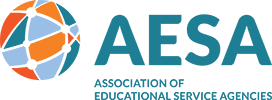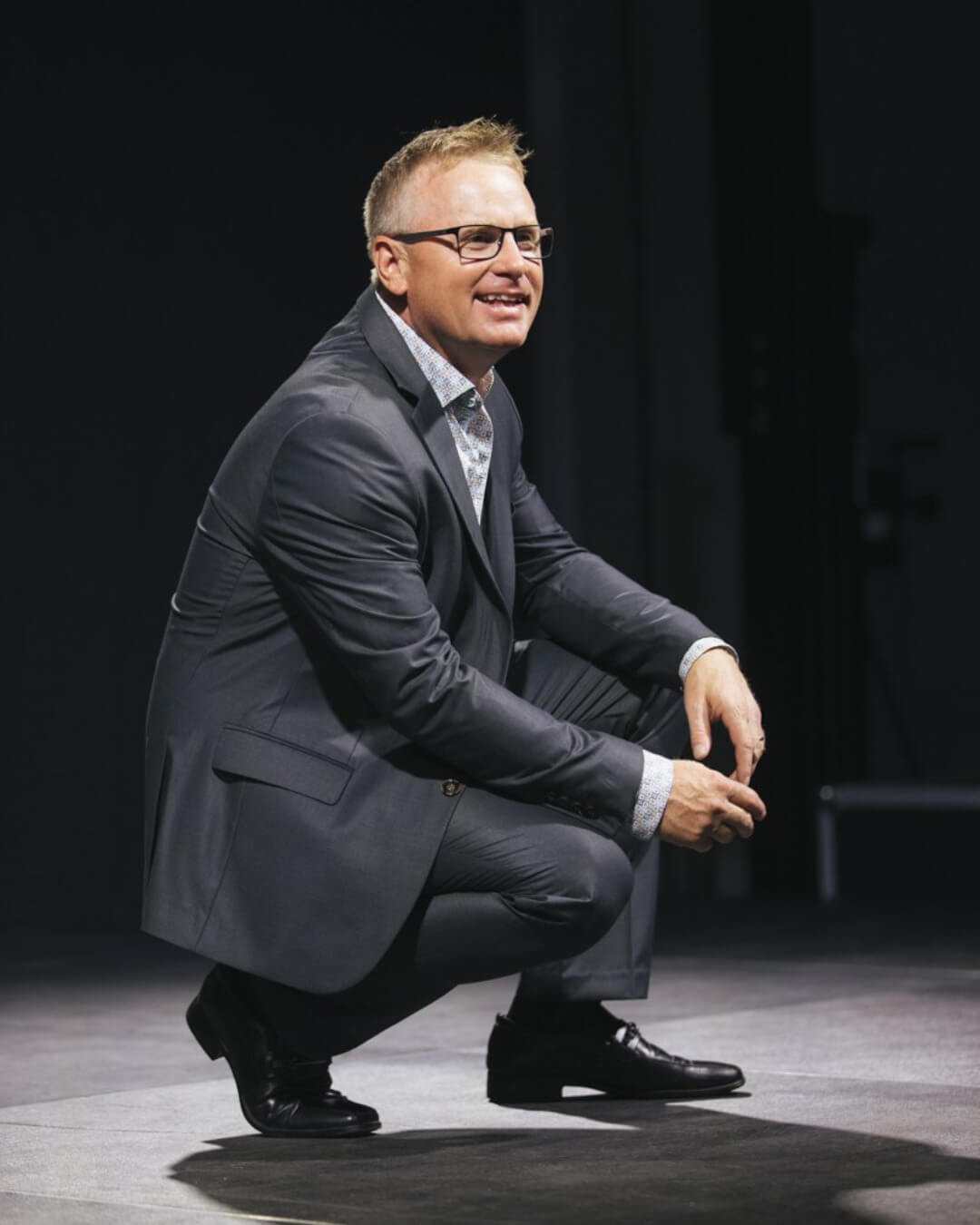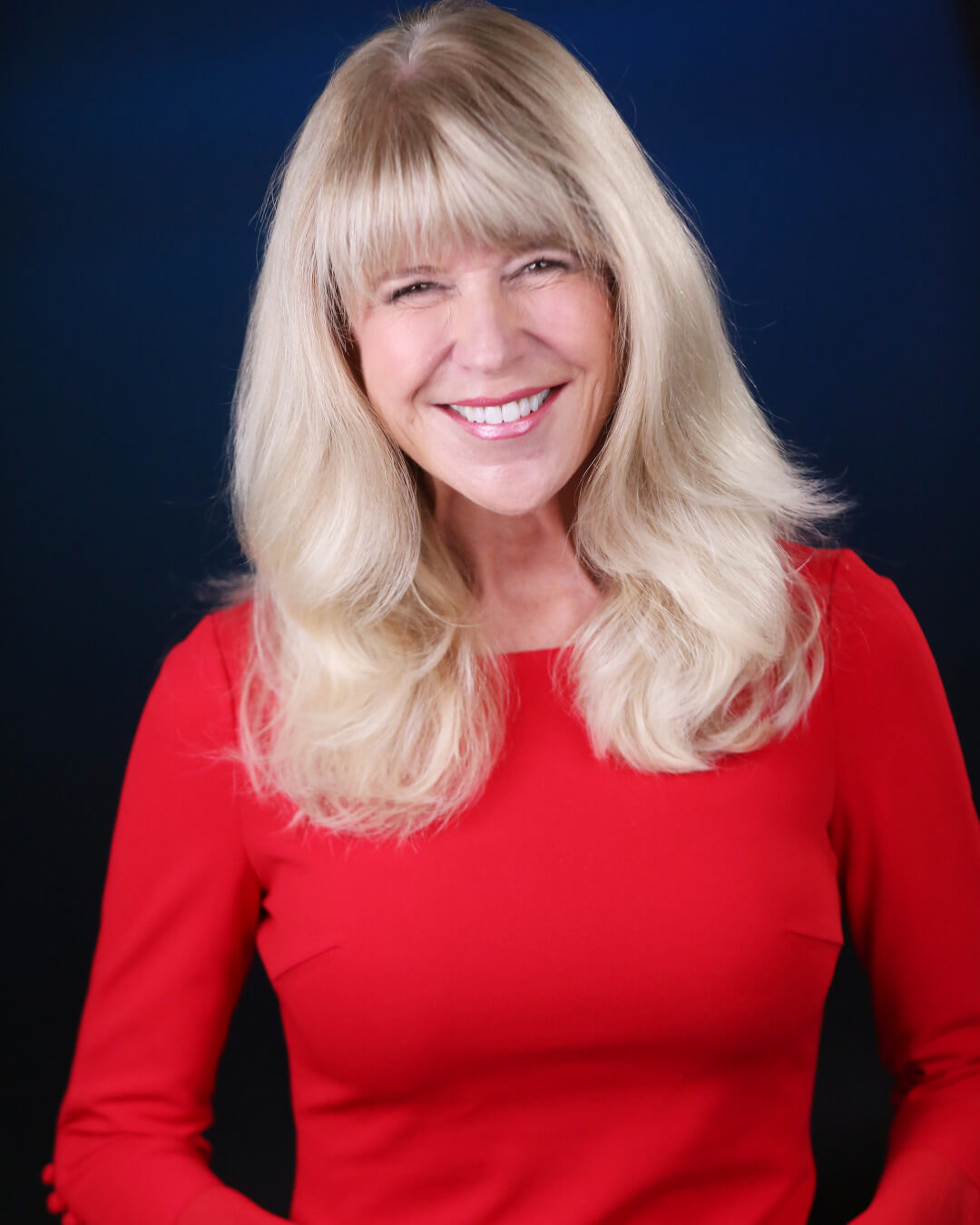
 Join Us at the Broadmoor in Colorado Springs!
Join Us at the Broadmoor in Colorado Springs!
Conference Dates: December 3-5, 2025
Location: The Broadmoor in Colorado Springs, CO
The 2025 Annual Conference & Expo will spark innovation, foster well-being, and empower educational leaders. Programming will align with the following conference strands:
- Storytelling: Leveraging innovation and AI to communicate impact effectively
- Well-Being: Strategies to support the well-being of educators, students, and leaders
- Governance/ESA Board: Best practices in leadership, governance, and board development
- Educational Excellence: Approaches to accountability, continuous improvement, and program effectiveness
Register Early and SAVE!
Register by October 17, 2025 for the early bird discount.
Don’t miss out on the savings!
Registration Details
Registration fees include full access to all sessions and the Expo, plus meals and events including the Wednesday Welcome Reception, Thursday breakfast, lunch, and Member Reception, and Friday's Networking Breakfast.
- AESA Members: $890 (includes $100 early bird discount through 10/17/25)
- Non-Members: $1,220 (includes $100 early bird discount through 10/17/25)
Cancellation Policy: Cancellations made in writing before November 1 will be refunded in full, less a $100 per person processing fee. Cancellations received on or after November 1 through November 15 will be refunded at 50%. NO REFUNDS WILL BE PROVIDED AFTER November 15. Cancellations may be emailed to afiene@aesa.us.
Want to Showcase at the Expo?
AESA welcomes Member Exhibitors, Business Partners, and Sponsors to highlight their work during the Expo!
Vendors: Exhibit booth purchase is required to attend. Each booth includes two complimentary conference registrations—a great way to connect, collaborate, and shine.

 Join Us at the Broadmoor in Colorado Springs!
Join Us at the Broadmoor in Colorado Springs!

